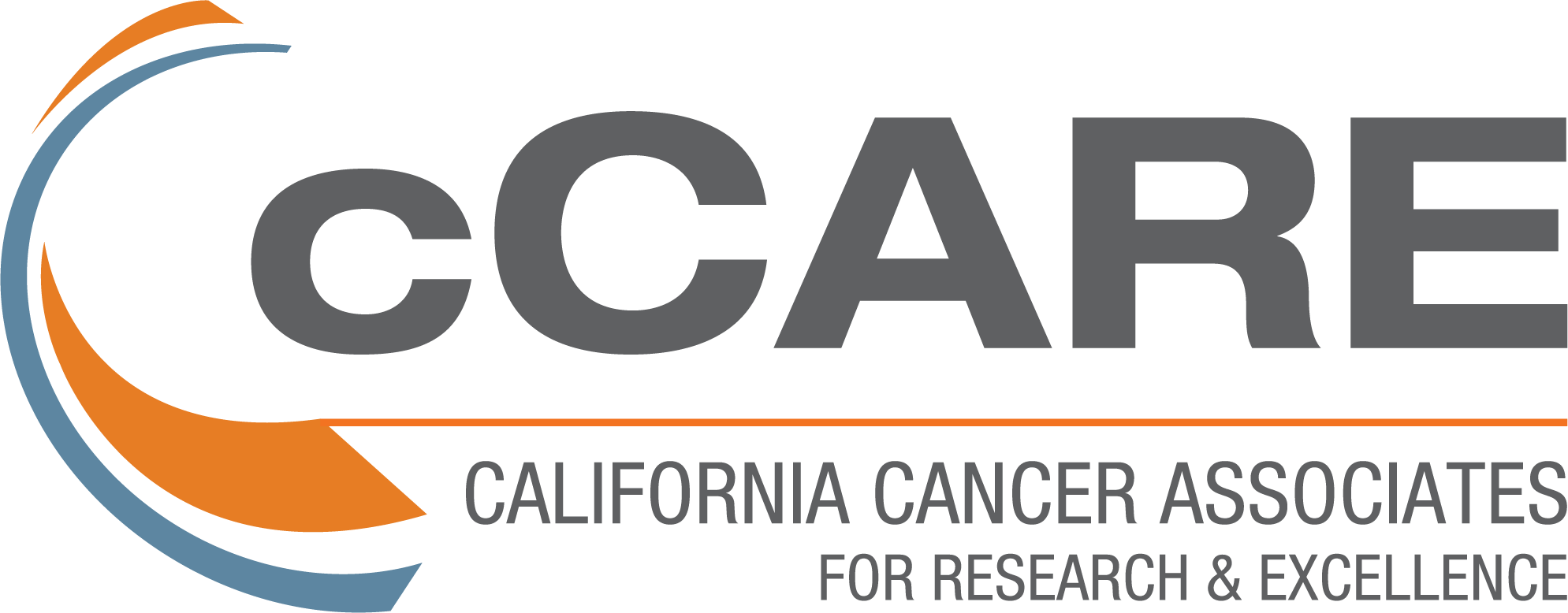Cancer surgery at a glance
- Cancer surgery as a treatment removes cancer and nearby cells during a surgical procedure with the intent to either cure, debulk (remove as much cancer as possible) or support other treatments such as radiation or chemotherapy.
- Cancer surgeries vary according to the type of cancer as well as patient traits.
- Minimally invasive surgeries may include robotic, laparoscopic, laser, cryosurgery and Mohs surgery.
- Having a qualified surgeon perform cancer surgery is crucial to achieving treatment success.
- Considerations of cancer surgery include age of the patient, stage and location of the cancer, as well as preexisting conditions of the heart, liver, lungs and kidneys.
- Risks of cancer surgery include anesthesia reactions, excessive bleeding and unintended damage to surrounding tissue.
What is cancer surgery?
Cancer surgery treatment involves performing surgery to treat cancerous cells and tissue by physically removing them from the body. The most successful cancer treatments occur as soon as possible following diagnosis, particularly when the cancer is at an early stage. Surgery may also be used to diagnosis, stage or learn more about the cancer.
Common cancer surgery treatments include a mastectomy for breast cancer (surgical removal of the breast tissue), and for lung cancer a lobectomy (partial removal) or pneumonectomy (full removal) of the lung. Cancer surgery may be planned with different goals and intended outcomes. Some are for treating cancers while others are for diagnosing, determining the stage of the cancer, or providing palliative care.
When used for treatment purposes, cancer surgery typically addresses one of these three goals:
- If the cancer is localized (not spreading) and small enough, the surgery attempts to remove all cancer cells, curing the body of cancer.
- The surgeon removes as much of the tumor or cancerous tissues as possible to prepare for subsequent treatments such as chemotherapy and radiation.
- Supportive cancer surgeries assist or prepare patients for subsequent cancer procedures or additional surgeries.
Traditional cancer surgeries involve making a large incision and cutting the cancerous cells and tissue out of the body. Modern techniques have evolved into more minimally invasive procedures.
Common cancer surgery treatments and methods include laser surgery, cryosurgery, Mohs surgery, laparoscopic surgery and robotic surgery. These are all forms of minimally invasive surgery, which means they have a smaller incision, require less intrusion and cause less damage to surrounding tissue and organs.
No matter what type of cancer surgery is performed, the most important step to take before undergoing cancer surgery of any sort is to find and work with a cancer surgeon with a long track record of successful surgical outcomes. Primary types of cancer surgery are described below.

Rewriting the Cancer Story
With Breast Cancer, There Are No Dumb Questions
cCARE patient Yesenia recounts her battle to overcome breast cancer with the help of her friends, family and oncologist, Dr. Hager.
Read MoreLaser surgery/therapy
Laser therapy uses laser waves and light to shrink or remove cancerous tumors. The light produced from a laser is of a specific and focused wavelength ideal for performing surgeries. Laser surgery and therapy is usually performed for early stage or superficial cancers (cancers on the surface of organs) such as cervical, penile and some forms of lung cancer.
Cryosurgery
Also known as cryotherapy, cryosurgery uses extreme cold produced with liquid nitrogen or argon gas to destroy cancerous tissues. Cryosurgery can treat both external and internal tumors but the technique will vary accordingly. When treating external tumors, a cooling substance is applied directly to the tumor.
If the cryosurgery treats an internal tumor, the liquid or gas is placed surgically and in contact with the tumor using an ultrasound or MRI to guide the device. Typically, early stage and precancerous conditions are treated with cryosurgery.
Mohs surgery
This type of surgery treats skin cancer (basal cell carcinoma and squamous cell carcinoma) by removing thin layers of skin tissue. Invented in the 1930s by Dr. Frederic Mohs, the treatment has been the standard skin cancer treatment ever since, with very few procedural updates.
Laparoscopic surgery
A minimally invasive surgery, laparoscopic surgery involves small incisions and using a thin, lighted tube with a camera attached, providing the surgeon excellent vision in the area of operation via a video monitor. Cancers such as colon, gynecological and stomach are good candidates for this type of surgery.
Robotic surgery
This type of surgery uses a robotic device the surgeon controls to accomplish challenging surgical maneuvers not possible with just the surgeon’s hands alone. Not all cancer surgeries can be performed in this manner.
Cancer surgery risks & considerations
Cancer treatments of any kind require accepting some risks and considerations. The risks of cancer surgery vary according to the type of surgery performed. Different surgeries will last longer than others and thus may carry a higher risk of anesthesia reaction. Excessive bleeding may also occur as a result of cancer surgery.
Considerations of what cancer surgery to use take into account a patient’s age, aggressiveness of the cancer, the prognosis and the patient’s goals. For example, surgery can worsen existing heart, liver and kidney conditions, so some patients may choose not to risk surgery.
Recovering from cancer surgery will be different for each patient. Some patients’ recoveries will be slow, while others (especially younger cancer patients) may rebound quickly. Older adults may not elect surgery as a first choice in cancer treatment because of extended recovery times and higher chances of the surgical risks previously discussed.
Speaking with an oncologist will ensure the proper course of treatment.
Schedule an appointment
Speak with one of our oncologists to determine whether or not surgery is right for you. Contact cCARE today to set up an appointment.
